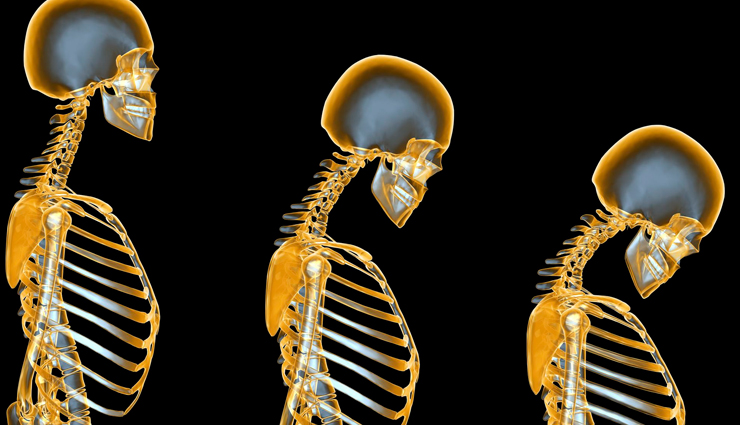- Home›
- Healthy Living›
- World Thyroid Day- 6 Major Side Effects Of Overactive Thyroid
World Thyroid Day- 6 Major Side Effects Of Overactive Thyroid
By: Kratika Maheshwari Wed, 25 May 2022 1:09:38

May 25th was chosen in 2008 as the World Thyroid Day dedicated to thyroid patients and to all who are committed to the study and treatment of thyroid diseases worldwide. From LATS, we encourage you to spread what this day means not only among thyroid specialists but also public health policy makers. In 2011, it was the first time that World Thyroid Day was celebrated together by the four Thyroid sister Societies around the world: European Thyroid Association (ETA), American Thyroid Association (ATA), Latin America Thyroid Society (LATS) and the Asia Oceania Thyroid Association (AOTA).
When you have an overactive thyroid, your body’s systems run at full throttle. The high levels of thyroid hormone constantly say, “Go!” Left untreated, this condition called hyperthyroidism can put your health at serious risk.
Don’t ignore these dangers. Seek effective treatment and avoid the following threats to your health and well-being.

# Heart Problems
Like all your body’s systems, your heart speeds up with too much thyroid hormone. As a result, a racing pulse and heart palpitations are symptoms of overactive thyroid. This is not harmless. As the disease progresses, more serious problems can develop. This includes life-threatening irregular heartbeats, dangerously high blood pressure, and congestive heart failure. Treating hyperthyroidism usually reverses these problems.

# Osteoporosis
Osteoporosis or weak, brittle bones is another danger of untreated hyperthyroidism. Bones are active tissue. They are constantly going through a process called remodeling. The cycle involves dissolving old bone and laying down new bone. An overactive thyroid can tip the balance toward bone loss and interfere with your body’s ability to incorporate calcium into your bones. This weakens your bones, putting you at risk for fractures. Controlling your thyroid problem can stop and even reverse bone loss.

# Muscle Weakness
Like your bones, your muscles can also become weakened with too much thyroid hormone. The term for this is hyperthyroid myopathy. It’s a wasting away of the muscles. It typically affects the muscles of the shoulders, upper arms, thighs, and hips. But you can also end up with problems controlling the muscles of the face, throat, eyes, and respiratory tract. Restoring thyroid hormone levels to normal will help you regain strength and control of your muscles.

# Weight Loss
People with overactive thyroid often find they can eat and eat, and not gain weight. In fact, they may even be losing weight. The body’s metabolism is working too fast for the calories to keep up. This may not sound like much of a danger—it may even sound helpful. But the initial increase in energy and appetite eventually gives way to the body breaking down. The ultimate result is fatigue and weakness. Your weight, appetite and energy should stabilize with treatment.

# Emotional and Mental Problems
With hyperthyroidism, the nervous system always operates with heightened alertness. People with overactive thyroid often have a sense of being in mental overdrive. This leads to nervousness, irritability, tremors and anxiety. It also contributes to sleep problems and inability to relax and wind down. These mental and emotional symptoms can mimic forms of mental illness. Effective thyroid treatment can calm your overworked brain and help you think clearly again.

# Frequent Bowel Movements
An overactive thyroid causes faster than normal digestion, accelerating what’s called ‘transit time.’ And it constantly stimulates the muscles in your bowel. This often leads to frequent bowel movements. While this may just seem bothersome, it has the potential to affect your health. Passing stool more frequently especially loose stool can lead to dehydration and problems absorbing nutrients. Balancing your thyroid hormone level should return balance to your overall digestion.





